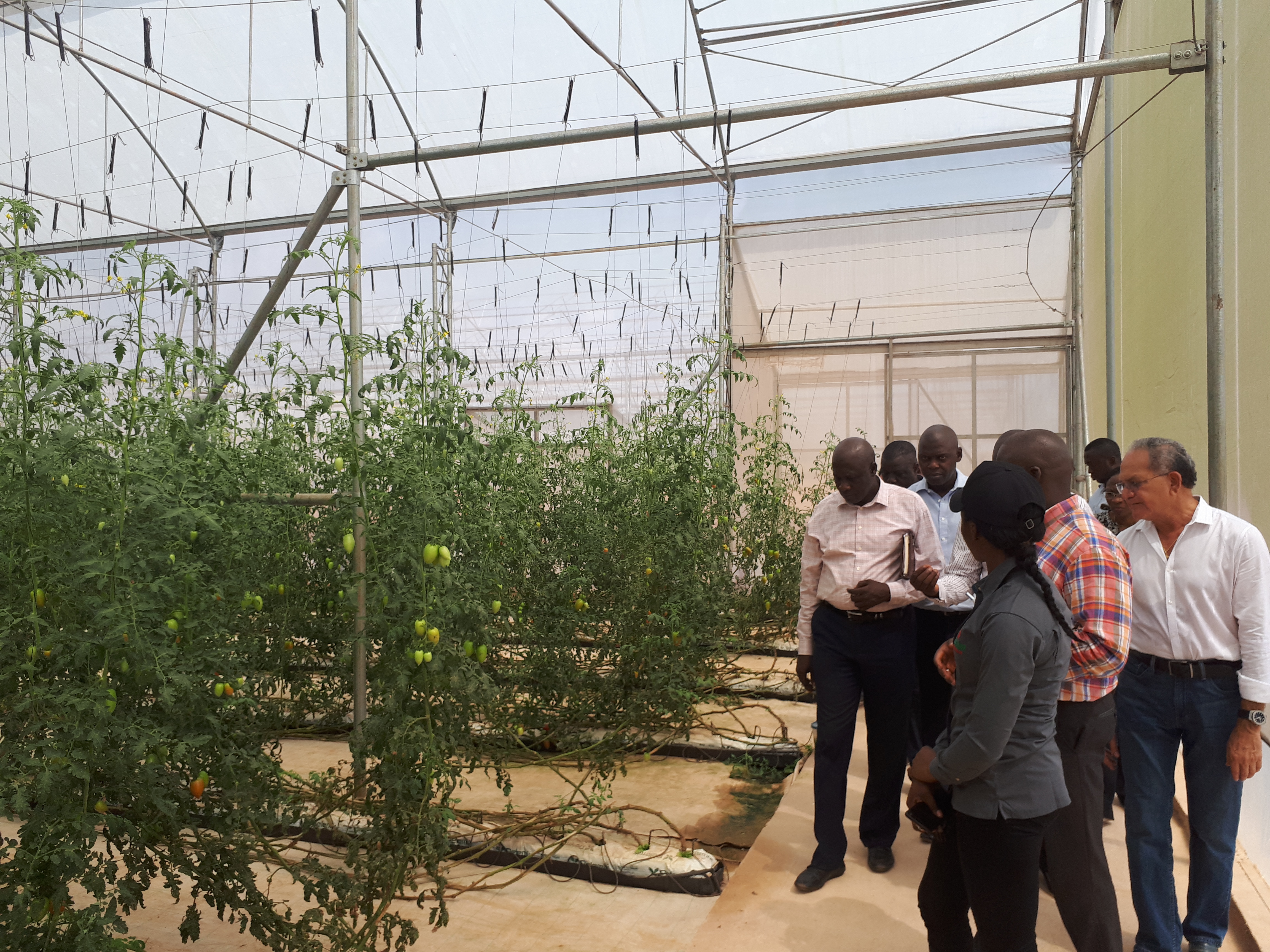Agritourism is an innovative and profitable way for farmers to diversify their income streams while promoting sustainable agriculture. By opening up their farms to visitors, farmers can offer unique experiences that showcase the beauty and importance of agriculture. This article will explore how farmers in Nigeria and across Africa can maximize profits through agritourism, providing compelling examples, practical tips, and insights into potential disadvantages and their mitigation.
What is Agritourism?
Agritourism involves attracting visitors to farms for educational, recreational, or entertainment purposes. Activities can range from farm tours and workshops to harvest festivals and farm-to-table dining experiences. This niche tourism sector allows farmers to generate additional revenue while educating the public about farming practices and the agricultural lifestyle.
Benefits of Agritourism
- Diversified Income Streams: Agritourism provides an additional source of revenue, helping to stabilize farm income.
- Increased Awareness: It raises awareness about sustainable farming practices and the importance of agriculture.
- Community Engagement: It fosters stronger connections between farmers and the local community.
- Marketing Opportunities: Agritourism events can serve as a platform to market farm products directly to consumers.
How to Get Started with Agritourism
1. Identify Unique Experiences
Think about what makes your farm unique. Do you have rare crops, traditional farming methods, or stunning landscapes? Highlight these features to create a memorable experience for visitors.
Example: In Kenya, El Karama Lodge offers wildlife tours on their farm, where visitors can see wildlife and learn about their conservation and sustainable farming practices. This unique combination attracts both local and international tourists.
2. Develop Engaging Activities
Create activities that educate and entertain visitors. These can include guided tours, hands-on farming experiences, cooking classes, and festivals.
Example: Nigeria’s Okomu National Park collaborates with local farms to offer guests tours of rubber and palm oil plantations, providing insights into sustainable farming practices.
3. Ensure Safety and Comfort
Prepare your farm to accommodate visitors by ensuring safety and providing necessary amenities like restrooms, seating areas, and refreshments.
Example: The Kilimo Grand Resort in Kenya focuses on educating farmers about safety and hygiene, making their farms more visitor-friendly.
4. Promote Your Agritourism Business
Use social media, local media outlets, and partnerships with tourism boards to promote your agritourism activities. Offer special deals and packages to attract more visitors.
Example: Babban Gona in Nigeria uses social media platforms like Instagram and Facebook to share captivating photos and videos of their farm tours and workshops, attracting a steady stream of visitors.

Disadvantages of Agritourism and Mitigation Strategies
While agritourism offers numerous benefits, it also comes with challenges that farmers should be prepared to address.
1. Increased Operational Costs
Hosting visitors can increase costs related to maintenance, infrastructure, and staffing.
Mitigation: Start small and scale up gradually. Invest in essential infrastructure first and reinvest profits to expand operations. Consider partnerships or grants to fund initial investments.
2. Biosecurity Risks
Visitors can unintentionally introduce pests or diseases to the farm.
Mitigation: Implement strict biosecurity measures, such as providing foot baths, hand sanitizers, and controlling visitor access to sensitive areas. Educate visitors on the importance of biosecurity.
3. Privacy and Security Concerns
Opening up your farm to the public can lead to privacy issues and security risks.
Mitigation: Designate specific areas for visitors and restrict access to private or sensitive zones. Employ security personnel during high-traffic events and install surveillance systems to monitor activities.
4. Impact on Farm Operations
Hosting visitors can disrupt regular farming activities and reduce productivity.
Mitigation: Schedule tours and events during off-peak farming times. Hire additional staff to manage agritourism activities, allowing regular farm operations to continue smoothly.
5. Liability and Safety Issues
There is a risk of accidents or injuries occurring on the farm.
Mitigation: Obtain liability insurance to cover potential accidents. Conduct regular safety audits and maintain clear signage to guide visitors. Provide safety briefings before activities.
Case Study: The Success of Ope Farms in Nigeria
Ope Farms, located in Ibadan, Oyo State, Nigeria, has successfully integrated agritourism into its business model. The farm offers a range of activities, including guided tours, fruit picking, and educational workshops on sustainable farming. By leveraging social media and partnering with local schools, Ope Farms attracts hundreds of visitors each month. The additional revenue from agritourism has enabled the farm to expand its operations and invest in new technologies, further boosting its productivity and sustainability.
Tips for Maximizing Profits with Agritourism
- Create Seasonal Events: Organize events around harvest seasons or holidays to attract more visitors.
- Offer Farm Products: Sell fresh produce, homemade goods, and crafts to visitors.
- Collaborate with Local Businesses: Partner with nearby restaurants, hotels, and tour operators to create comprehensive agritourism packages.
- Gather Feedback: Regularly collect feedback from visitors to improve their experience and identify new opportunities.
Conclusion
Agritourism presents a lucrative opportunity for farmers in Nigeria and across Africa to diversify their income and promote sustainable agriculture. By offering unique and engaging experiences, farmers can attract visitors, generate additional revenue, and build stronger community connections. However, it is essential to address the potential disadvantages by implementing effective mitigation strategies. As the agritourism sector continues to grow, now is the perfect time for African farmers to explore this exciting and profitable pathway.
By implementing these strategies and learning from successful examples, you can transform your farm into a thriving agritourism destination. Embrace the potential of agritourism and watch your profits soar while contributing to the sustainable development of your community. This article aims to inspire and educate farmers about the potential of agritourism, providing actionable steps, real-life examples, and solutions to common challenges. Share this valuable information with your farming community and start your agritourism journey today!


